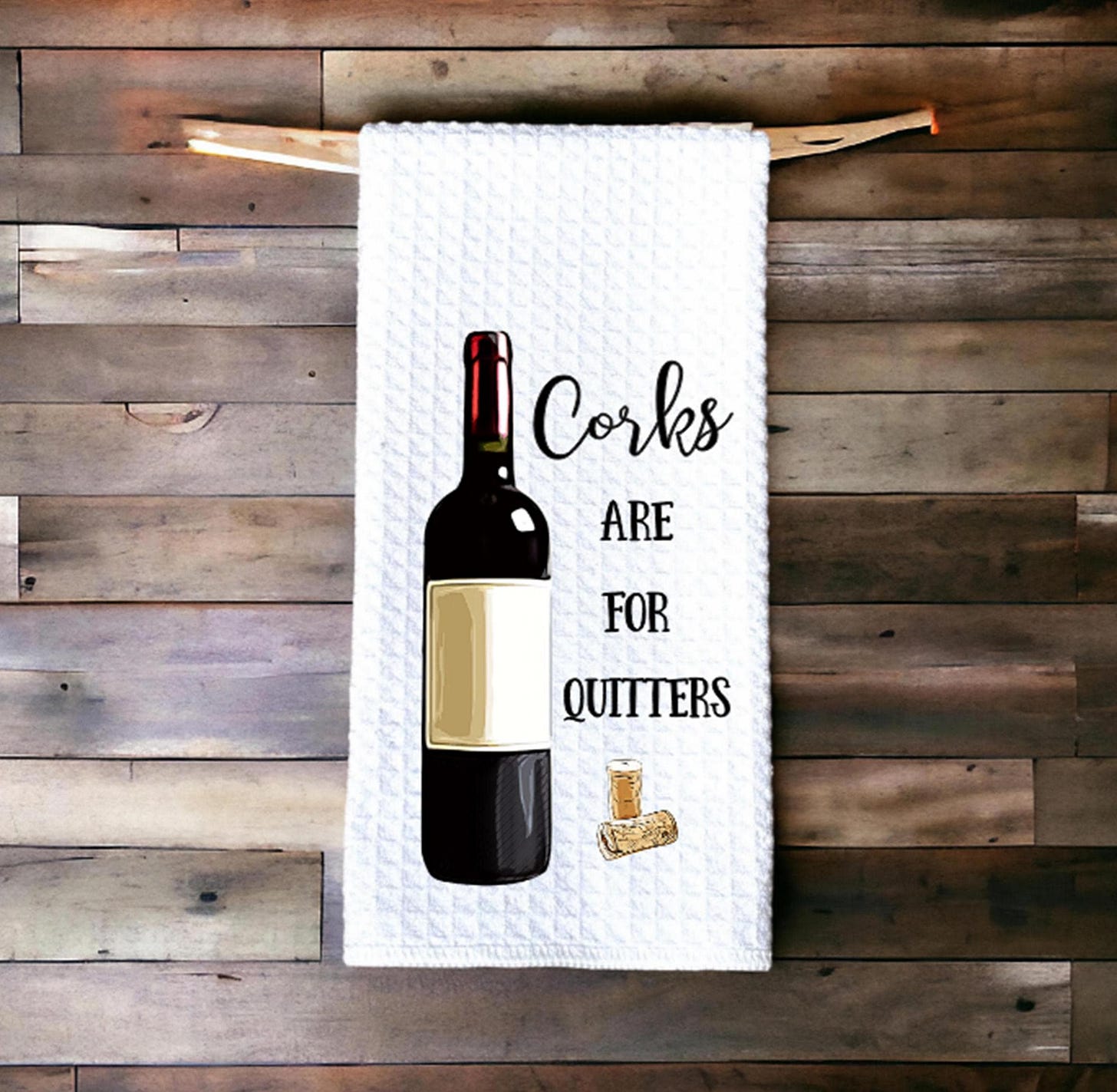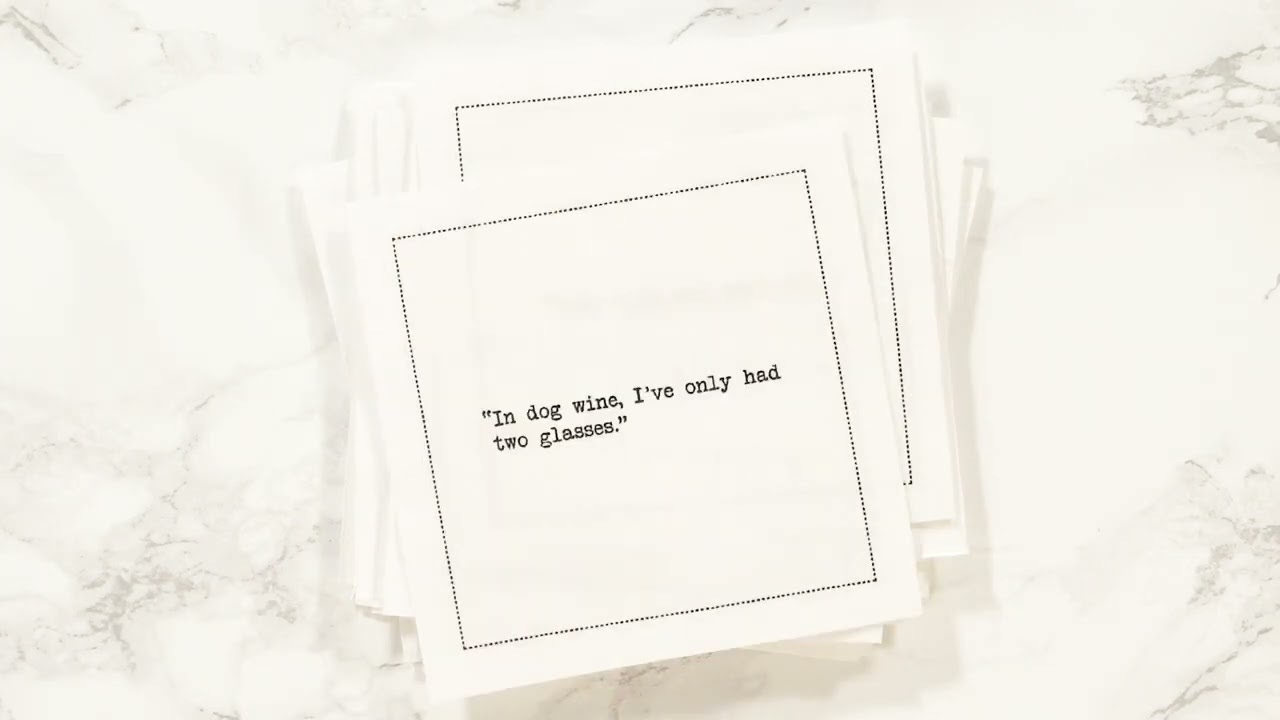See also: How To Stop Problematic Drinking
I believed as I got older people would stop pressuring me to drink. In my fraternity, I never really fit in until that time I threw up in my residence hall water fountain. In my twenties I was accused of teetotaling while working for alternative-weekly newspapers, some of which had staff meetings in bars. Even recently, after finishing a workout with my running club, I was pressured to drink a watery beer.
Drinking doesn’t do it for me, it just gives me a headache. Some people don’t like that. “Is that your first drink?” they ask. “Is that water?” The implication, I guess, is that if I were a free spirit, willing to really live in the moment, then I’d be swallowing spittoon wine like Paul Giamatti in Sideways.
Allow me a counterpoint: Alcohol is incredibly destructive. Booze kills more Americans than drugs; a lot more. According to a new study from the CDC, over the five year period ending in 2021, the annual number of deaths from excessive alcohol use ballooned by 29 percent, to 178,000.
These are deaths from cancer*, cirrhosis, alcohol poisoning and car crashes, and other causes.
*Meanwhile, another new report links alcohol to six different types of cancer: “head and neck cancer, esophageal squamous cell carcinoma, and breast, colorectal, liver, and stomach cancers.”
Compare the number of alcohol deaths — 178,000 — to deaths from drug overdoses, which peaked around 108,000 in 2022.
The increase in alcohol deaths was attributed in part to the pandemic, not just owing to mental health issues, but because…







